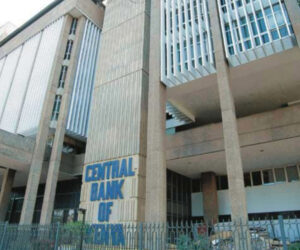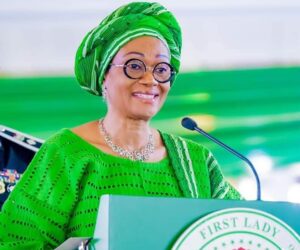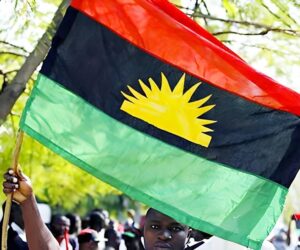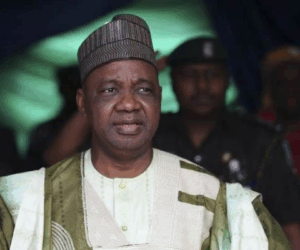The United Nations Children’s Fund (UNICEF) has urged Nigeria to fully capture deprived children in its National Social Register (NSR), saying the database could become a decisive tool for targeting poverty reduction and education interventions if inclusivity is prioritized.
Muhammad Okorie, UNICEF’s social policy manager, at a one-day stakeholder engagement conference in Lagos, described the register as central to tackling deprivation and boosting education outcomes.
The event, organised by the National Social Safety-Nets Coordinating Office (NASSCO) under the Federal Ministry of Humanitarian Affairs and Poverty Eradication, had the theme “Advancing Social Protection through the National Social Register: A Strategic Planning Tool for a Resilient Nigeria.”
Okorie said social inclusiveness was necessary to ensure that vulnerable children, including those out of school, were properly identified and reached with support. “At UNICEF, we are advocating that deprived children must also be fully captured. Using the social register, we can, for instance, identify out-of-school children and target them appropriately,” he said.
The NSR, introduced with a focus on monetary poverty, has since evolved to incorporate multidimensional poverty and deprivation.
Okorie explained that the database now adopts a life-cycle approach, covering children, youth and the elderly while capturing vulnerabilities at each stage.
Read also: Plateau government, UNICEF target 15,000 children in anti-malnutrition drive
“I can assure you these parameters are globally recognised. What this does is ensure that implementation and programming, especially poverty reduction strategies, are no longer based on assumptions but on accurate information about who is poor, where they live, their household members, and the level of deprivation they face,” he said.
While international partners such as the World Bank and International Labour Organization provide support, Okorie stressed that the register was not designed for donor interests but as a planning tool for government and the public.
According to him, the NSR is compiled through a three-phase process. Poor and vulnerable local government areas are first identified, followed by communities defining poverty in their own terms. A proxy means test then helps determine those who are truly poor, whose data is aggregated into the national database.
Okorie emphasised that sustaining the register requires deliberate government action, continuous updates and state-level ownership. “Poverty is dynamic aa some people fall into poverty, others move out. The register must reflect these changes so that targeting is always based on current information, not assumptions,” he said.
He added that ministries, departments, agencies, and development partners should be mandated to draw their beneficiaries from the register.
Babajide Sanwo-Olu, the Lagos state governor, highlighted his administration’s use of a state social register to support poor households. Represented by Sam Egube, his deputy chief of staff, the governor said N130 billion had been committed in 2025 alone through the Lagos State Operations Coordinating Unit.
The register now includes more than 800,000 households and 2.7 million individuals across the state’s 20 local government areas. Sanwo-Olu said the state planned to raise its allocation by 30 percent to N170 billion in 2026. “We are making sure that every naira spent leads to tangible social impact,” he said.









